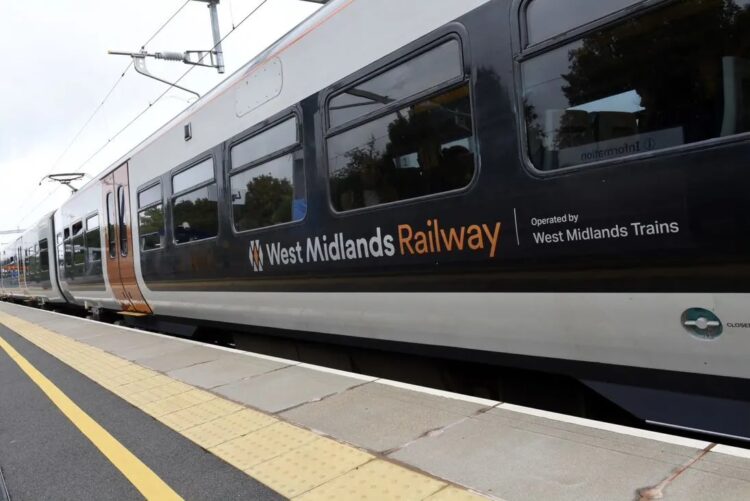By Samantha Jones-
A series of RMT walkouts will bring a week of disruption for rail passengers across the UK from Saturday, as unions consider the possibility of further strike action in the future.
Three 24-hour national rail strikes will bring many train services around Britain to a halt. A London Underground strike is also planned. Passengers have been warned to travel only if necessary.
Most services will not run on Saturday 5, Monday 7 and Wednesday 9 November, when members of the RMT union at Network Rail, including thousands of signalling staff, will take action. On the first strike day, this Saturday, RMT staff and 15 train operating companies will join the strike.
The smaller TSSA union has called off its planned action at Network Rail to facilitate further talks.
About 20% of normal services are expected to run on strike days, with the first and last trains generally running between 7.30am and 6.30pm. Some disruption is expected in the early morning after each strike day.
A strike by London Underground RMT members will halt virtually the entire tube network on Friday 10 November, with action by staff at Arriva Rail London also reducing Overground services that day.
Some tube and overground services in the capital will be affected during the week by the national rail signallers’ strike. The Elizabeth line, which will start running through trains to and from central London from the outer Reading or Shenfield lines for the first time on Sunday, will operate fewer trains and indirect services.
The national executive committee of the Aslef train drivers union will meet next week with further strikes on the agenda. Drivers have not taken industrial action since the strikes during the Conservative party conference in early October, but the lack of progress means that further walkouts are likely before the end of November.
Both the RMT and Aslef are balloting their members at train companies for a further strike mandate, lasting until July 2023 and potentially enabling another six months of strikes.
Unions have yet to meet the new transport secretary, Mark Harper. However, he said on Wednesday he would be “happy to meet the trade unions”.
“I’m very happy to do that and my department will be reaching out to those trade union leaders in due course,” Harper said during an appearance on LBC.
Hopes for a breakthrough under the brief tenure of former transport secretary Anne-Marie Trevelyan were raised when she invited union leaders for early meetings, in contrast to the refusal of her predecessor, Grant Shapps.
The RMT general secretary, Mick Lynch, said this week that rail employers had “yet to make an offer that will create the conditions for a negotiated settlement”, and called upon the new prime minister, Rishi Sunak, to “unshackle the rail industry” to allow a deal.
He said: “We will vigorously pursue our industrial campaign until we achieve a deal.”
Network Rail has said that a “fair and affordable two-year 8% deal” remained on the table, with job security and staff travel. Its chief executive, Andrew Haines, accused unions of being “more intent on more damaging strikes than working with us to compromise and agree a deal”.




